(ECNS) -- In recent years, bilateral relations between China and the United States have experienced ups and downs. Since the Biden administration came to power, the friction between the two sides has not yet seen a clear trend of easing. So what are future steps to be taken to break the impasse and move the bilateral relationship forward?
In the latest “W.E. Talk”, a column of China News Network, CCG President Wang Huiyao spoke with John L. Thornton, Chair Emeritus at Brookings Institution.
John Thornton is a renowned American investor. He was the co-president and Co-CEO of Goldman Sachs Group, and is now the Chair Emeritus at Brookings Institution, a famous American think tank. Thornton was regarded a "China Hand", and the John L. Thornton China Center of the Brookings Institution was named after him. After retiring from Goldman Sachs, he served as a professor at Tsinghua University. In 2008, Thornton was awarded the Chinese Government’s Friendship Award.
Here’s an excerpt of the dialogue:
Wang Huiyao: You talked about the deficit of trust between the U.S. and China and how we can build up the trust. Now we are a half-year into the new Biden administration, so what more can be done?
John Thornton: The U.S.-China relationship is and will be both the most important bilateral relationship of this century, and the one that will drive or create in large measure the world in which we all will live. In general, I am skeptical of the grand sweeping statements about inflection points or decoupling or Cold War analogies. For me, these kinds of statements are mostly emotional, provocative, not helpful and wrong.
I think we're better off looking at the long term and the trajectory of dynamics and forces creating that long term. Recently, I have taken to looking at the mid-21st century, the year 2050 or thereabouts. The best estimates are that the world's population in 2050 would be about 10 billion people. Today we are approximately 7.8 billion. The incremental 2.2 billion - more than half of them will come from 9 countries: India, Nigeria, the Democratic Republic of the Congo, Pakistan, Ethiopia, Tanzania, the United States, Uganda and Indonesia. In 2050, as now, a small percentage of the world's countries will represent 65% to 70% of the global GDP - maybe the top 10 countries will represent that. In that world, in which very few countries dominate the global GDP, and in which the incremental 2 plus billion people are coming from very poor countries, does any serious-thinking person believe the world would be better off with rich countries primarily arguing or even fighting amongst themselves, while the rest of the vast percentage of the world remains poor, malnourished, victims of climate change, sources of migration and disease and poverty? Or do the wealthy, most powerful countries have a responsibility to work together to lead the world to a safer, more prosperous, harmonious place? Isn't the answer obvious? If the answer is so obvious, then why does it feel or seem that at least some, maybe many of the world's richest, most powerful countries do not seem to be animated or motivated by such a collective goal? There are a myriad of answers to this question, but it certainly includes a penchant for being captured or trapped by the past’s old thinking, as well as a fear of change, of losing one's place. Whatever the reasons, surely the world's two most powerful countries, the U.S. and China, have a disproportionate responsibility to lead the world. Of course, with others. And there is no reason why they cannot do this.
The issue of climate is a global one, it is larger and more important than the U.S. and China. The entire thinking world wants it to be solved or well-managed. The two leading countries must lead on the solution or it will not be solved. Everyone knows this. Tellingly, the two presidents are following the only path, the only modus operandi, that works in U.S.-China relations - one might call this the Zhou Enlai-Kissinger model, or, more recently, the Liu He-Lighthizer model. The only model that we know works is when the U.S. and Chinese presidents appoint a very senior, serious, experienced, highly trusted individual. And together the two presidents instruct the two people to get into a metaphysical room, truly work together, build a relationship of trust and not to come out until they have solved the problem.
Both presidents have publicly said that they would cooperate on climate irrespective of other issues. Both should instruct their senior leaders to give the existential issue a real chance to get resolved. Finally, to state the obvious, success on climate will demonstrate yet again that the U.S. and China working together can lead the world to a better safer, healthier, more harmonious existence. This is good for both countries and the world and gives hope and a concrete model, that all other gnarly complex problems can likewise be addressed by the two leading countries working together with others for the collective benefit of their countries, their peoples in the world.
Wang Huiyao: Scholars actually said that what had been proposed at the G7 conference about B3W by U.S. President Joe Biden could be looked at together with China's BRI and other EU investment plans. Chinese President Xi Jinping had a video conference with French President Macron and German Chancellor Angela Merkel in July and they talked about China-EU collaboration in Africa. So what do you think?
John Thornton: The BRI has been characterized by many people in the United States as some kind of “nefarious” geo-strategic plan to take over the world and it’s not. The B3W and BRI - all those efforts should be coordinated globally by the wealthy countries, trying to build the infrastructure necessary for the rest of the world, so that we build a safer, more prosperous world.
We all know these projects are very difficult to execute. It's not as though anyone's got a monopoly on how to do this well. They are hard. And we would be doing ourselves a great service if we the world became particularly expert at building important infrastructure all over the world in an efficient manner for the benefit of the respective peoples. So obviously we should be doing it. There's no question about that.
Wang Huiyao: There's an issue about student exchanges between China and the U.S. So how do you think we can promote these people-to-people exchanges, business exchange, tourism, cultural exchange and of course, think tank exchanges during this special time?
John Thornton: To state the obvious, the ties between American and Chinese people, to me, are absolutely essential to getting the relationship where it needs to be. I'm hopeful that the younger people who have a vested interest in the long-term future of their countries in the world will be forces for good in a relationship. In one way of thinking about China, for example, you think about roughly 400 million millennials, how they have grown up and how they think about the future. The Chinese leadership needs to be responsive to that group. And the same thing is true in the United States. The ties between those groups are absolutely central to forward progress and I'm pleased to see that the Biden administration - this is one area where they are moving quickly - to rectify the policy of the previous administration, to open back up again, to people-to-people exchange.
We all know that the ties are deep and broad, they are state-to-state, university-to-university, NGO-to-NGO, individual-to-individual. It cannot be overstated that the sort of societal trust that needs to be built, was being built and can be built. This is probably the single best insurance policy against untoward policy on the part of the leadership. I think in some ways, the wisdom or common sense of ordinary people can act as a kind of a break against the occasional unwise policies of elites.
Wang Huiyao: This year marks the 50th anniversary of Dr. Kissinger's visit to China. At the July 9 commemoration, Dr. Kissinger mentioned that the U.S.-China relationship is more critical today than it was in 1971. So, is there any chance that the two sides would somehow “break the ice” again 50 years later? And on the occasion of the 50th anniversary, what is your vision for the future development of China-U.S. relations?
John Thornton: When we talk about competition and cooperation, I can understand and be comfortable with both of those ideas between the countries. But when we add the idea of confrontation, to me that's absolutely out of the question, and we shouldn't even be considering that as a concept.
The world simply can't take it. We shouldn't waste any time on it. As I said in my earlier comments, should the leading countries of the world really be spending their time arguing or trying to put each other down, or should they be spending their time trying to get the world to a better place? To me the answer is very obvious. And the sooner we recognize that, the better. And we have a right to demand of our leaders that they get the big things right, as Nixon, Mao Zedong, Kissinger and Zhou Enlai did 50 years ago.
(Editor: Cheng Tianhao, Feng Shuang)









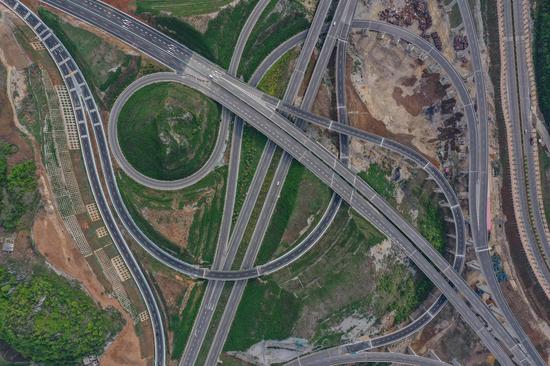
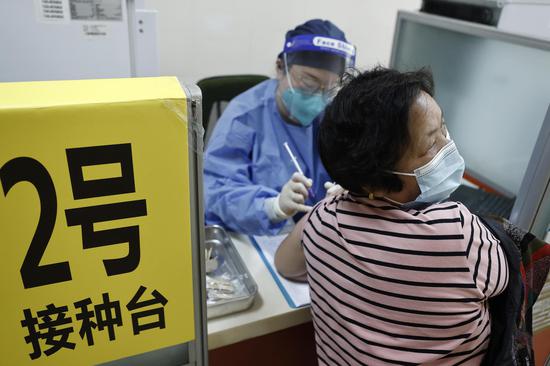
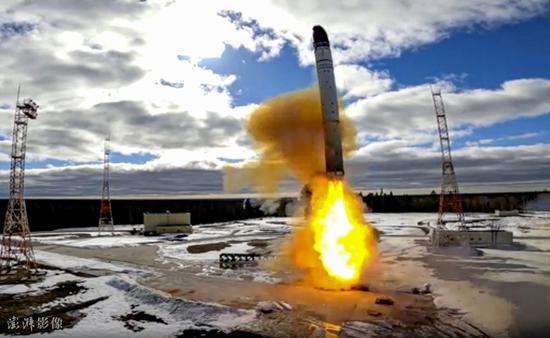

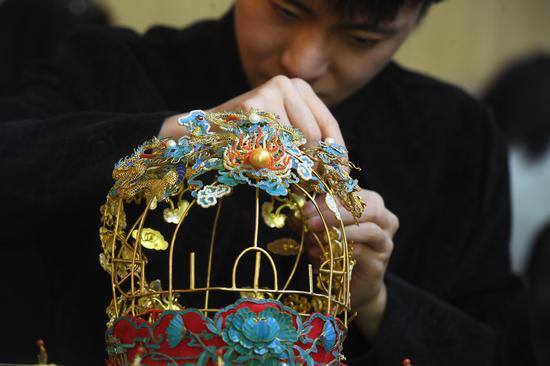
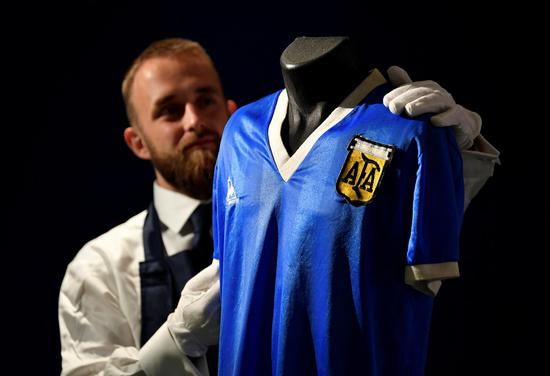
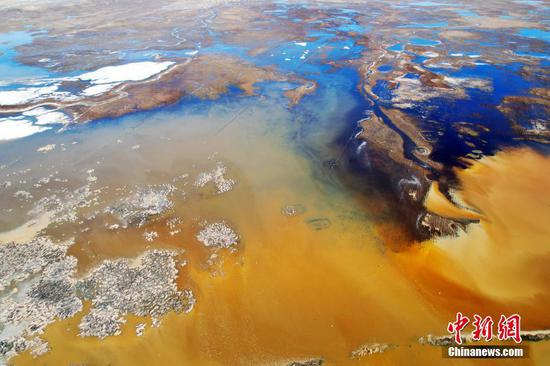
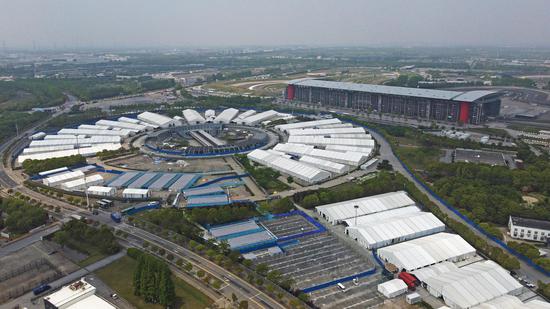


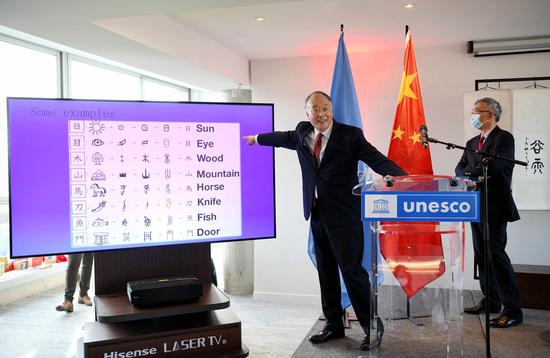

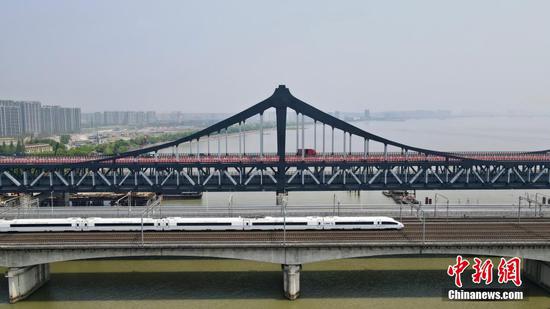
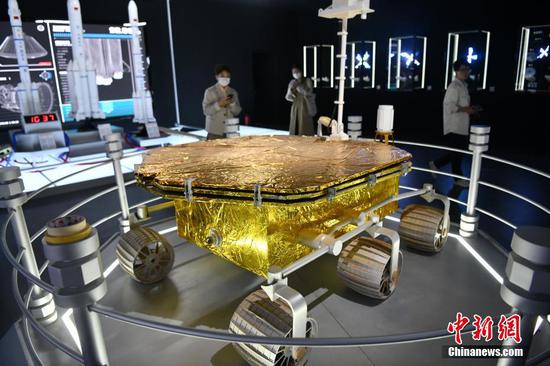
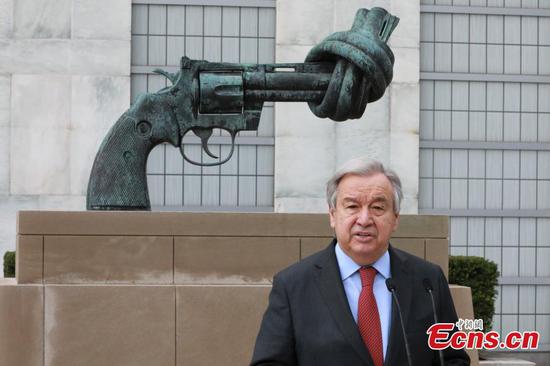
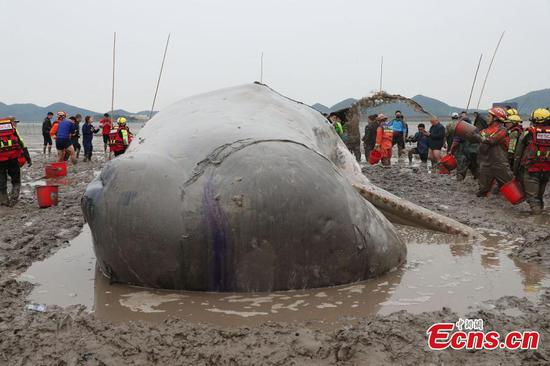
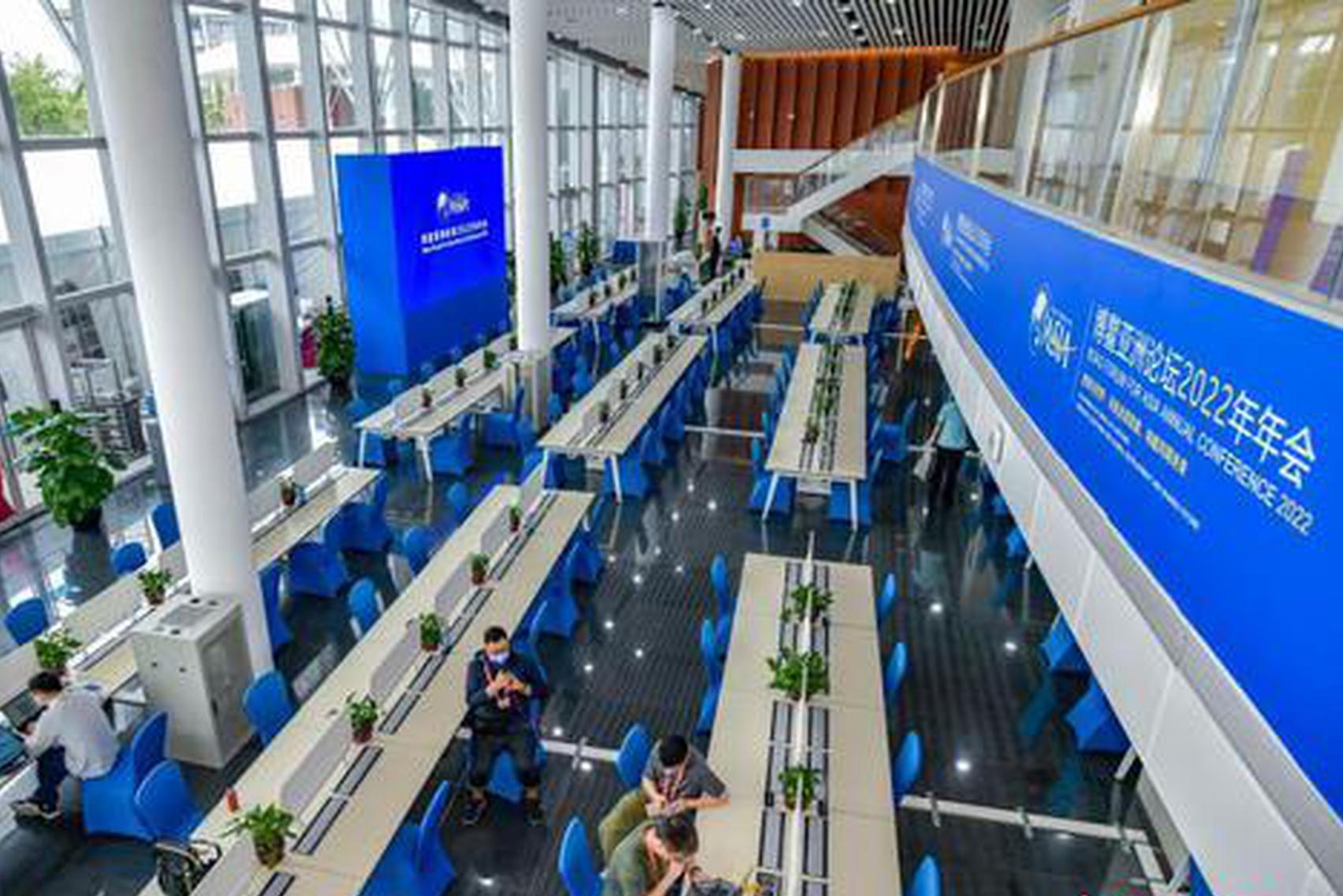


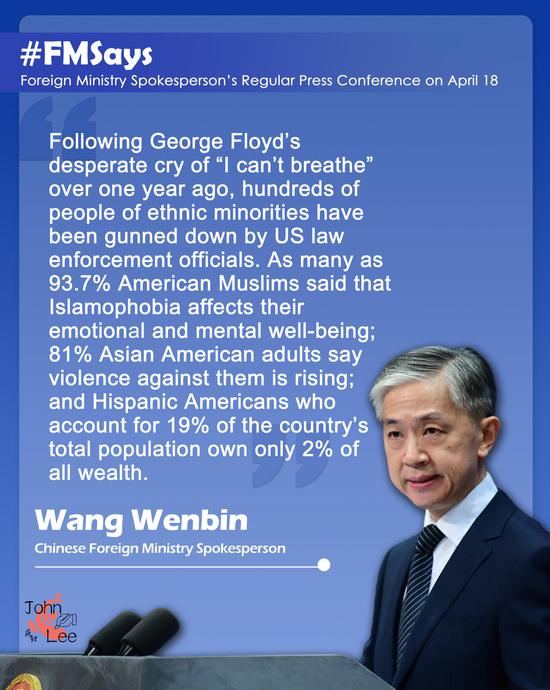
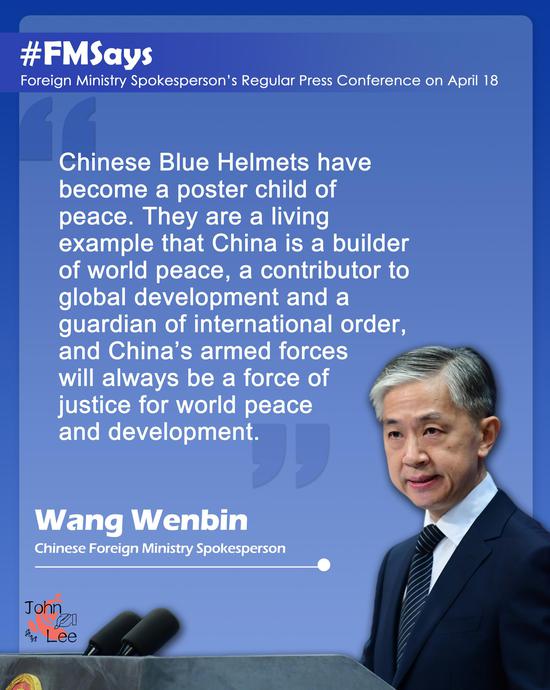
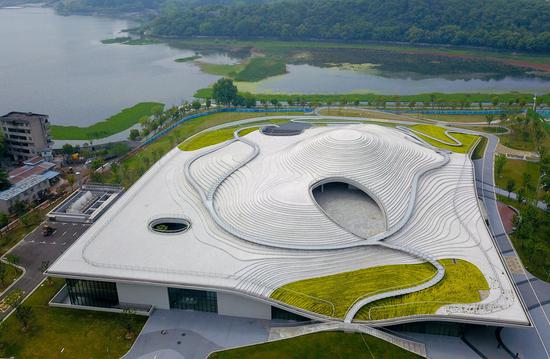
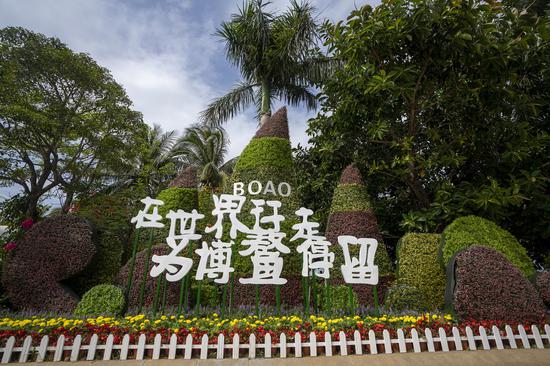
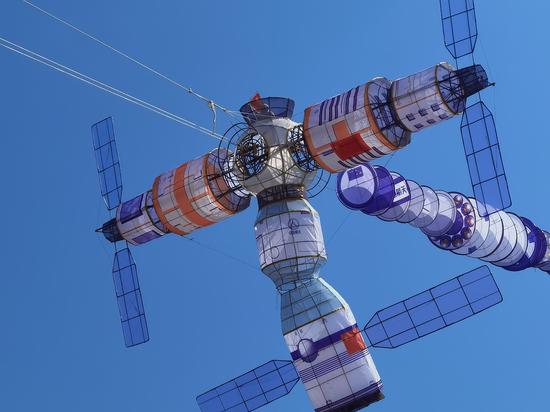
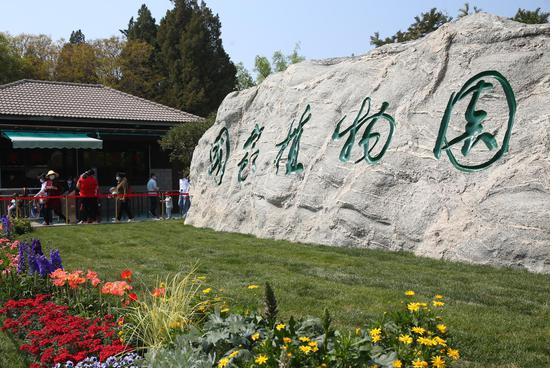



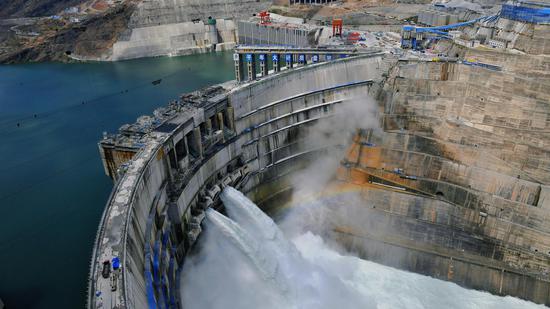
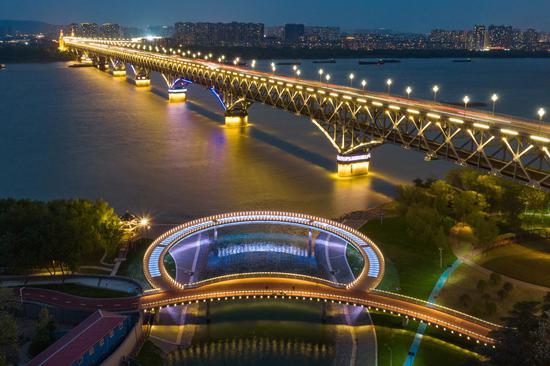

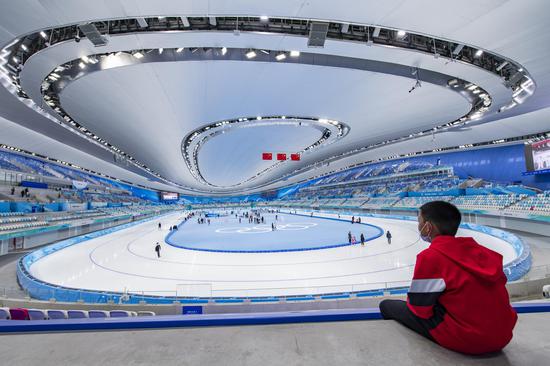
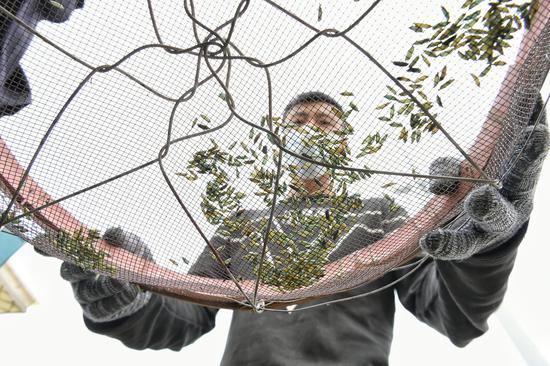
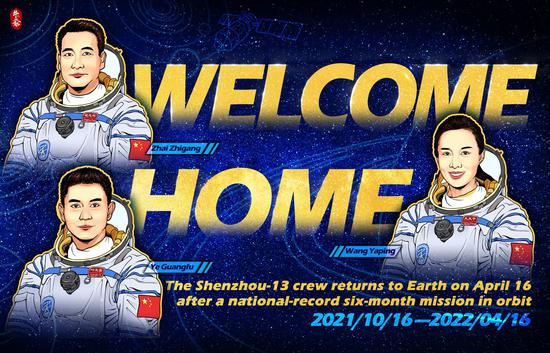

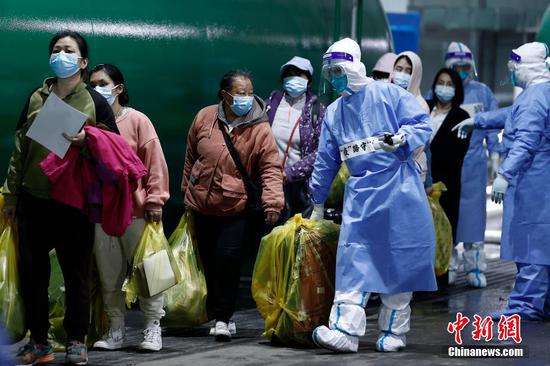





 京公网安备 11010202009201号
京公网安备 11010202009201号